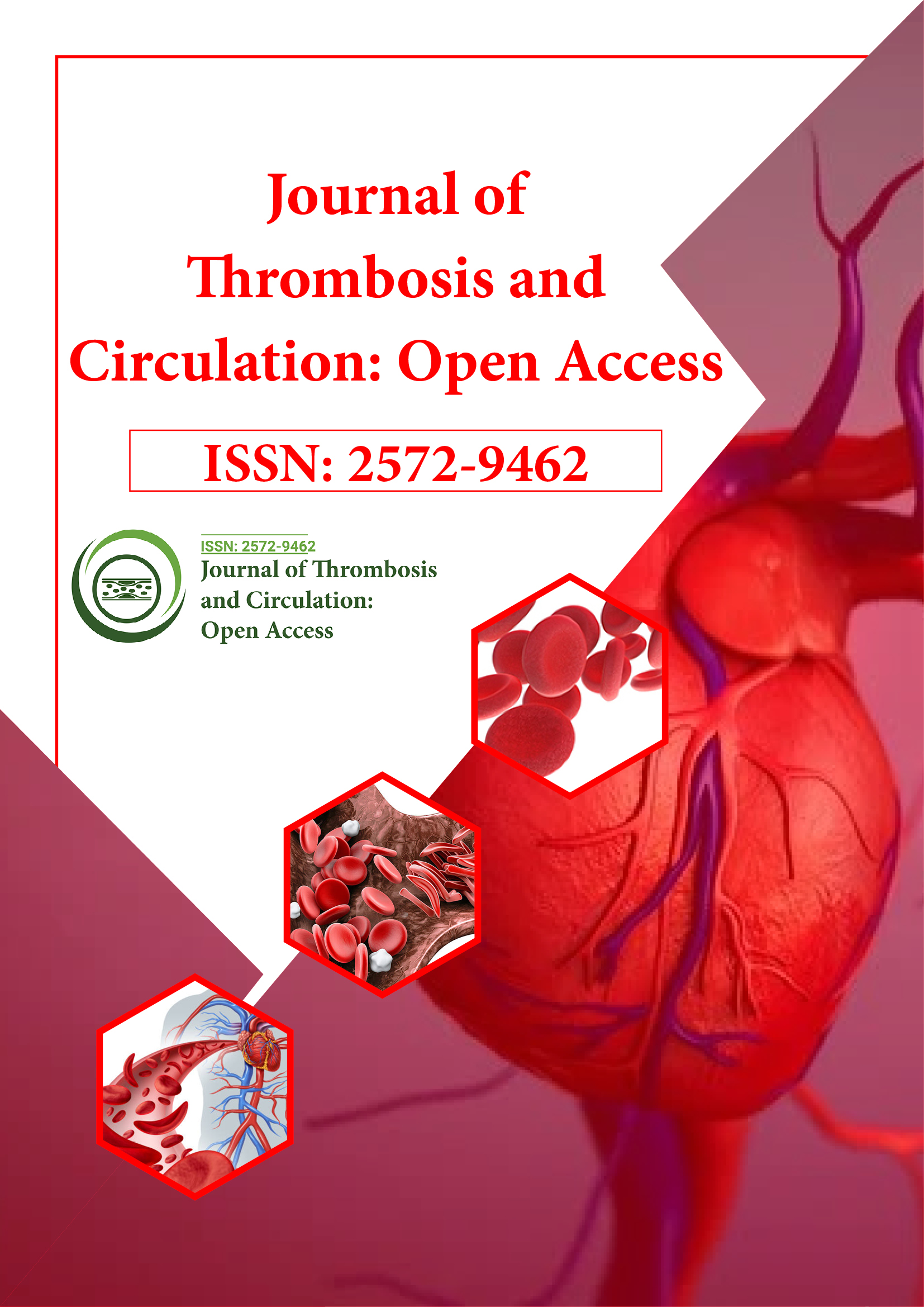インデックス付き
- レフシーク
- ハムダード大学
- エブスコ アリゾナ州
- パブロン
- Google スカラー
このページをシェアする
ジャーナルチラシ

概要
The Two Faces of Thrombosis: Coagulation Cascade and Platelet Aggregation. Are Platelets the Main Therapeutic Target?
Giovanni Cimmino, Salvatore Fischetti and Paolo Golino
Abstract
Acute thrombus formation is the pathophysiological substrate underlying several clinical conditions, such as acute coronary syndrome (ACS) and stroke. Activation of coagulation cascade is a key step of the thrombotic process: vessel injury results in exposure of the glycoprotein tissue factor (TF) to the flowing blood. Once exposed, TF binds factor VII/VIIa (FVII/FVIIa) and in presence of calcium ions, it forms atertiary complex able to activate FX to FXa, FIX to FIXa, and FVIIa itself. The final step is thrombin formation at the site of vessel injury with subsequent platelet activation, fibrinogen to fibrin conversion and ultimately thrombus formation.
Platelets are the key cells in primary hemostasis. For years they have been considered only as cell fragments participating to primary hemostasis and onto which coagulation factors are assembled in the process of thrombus formation. However, recent advances in platelets pathophysiology have shown that these cells are able to regulate their gene and protein expression, make de novo protein synthesis, and release different mediators with paracrine effects that may interfere with different cell function.
Pharmacological modulation of both side of thrombosis, coagulation cascade and platelet activation, is of great clinical importance. Several clinical trials have clearly shown the efficacy of anticoagulation and/or anti platelet aggregation in different thrombotic disorders. This article aims at reviewing the recent advancements on the two faces of thrombosis focusing on the emerging role of platelets not only as clot-forming components, but highlighting their involvement in the inflammatory-immune system, as well as in modulation of different cell function.